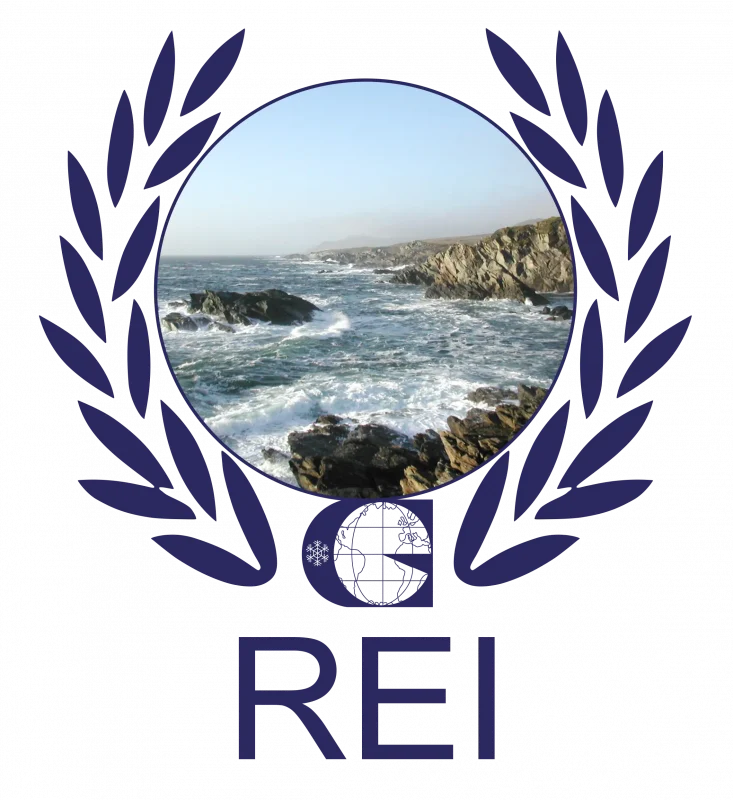Daily News
New AI Coalition Pushes for a More Sustainable Path
More than 100 partners including 37 tech companies, 11 countries and 5 international organisations have united under the Coalition for Environmentally Sustainable Artificial Intelligence (AI) to accelerate global efforts toward a greener AI future. Led by France, the UN Environment Programme (UNEP) and the International Telecommunication Union (ITU), the Coalition fosters dialogue and bold collaborations across the AI value chain to drive meaningful change.

Unveiled at the AI Action Summit in Paris, the Coalition brings together global leaders to drive AI innovation with responsible regulation and inclusive development, especially for emerging economies. Focused on environmental sustainability, it aims to harness AI for decarbonisation, pollution reduction, biodiversity protection and resource management. Through a collaborative approach, it will establish standardised impact metrics, life cycle analysis frameworks and advance research on sustainable AI solutions.
“We know that AI can be a force for climate action and energy efficiency. But we also know AI power-intensive systems are already placing an unsustainable strain on our planet,” UN Secretary-General António Guterres said at the Summit. “So it is crucial to design AI algorithms and infrastructures that consume less energy and integrate AI into smart grids to optimise power use.”
While AI offers solutions for environmental challenges, such as tracking methane emissions and monitoring destructive dredging, its rapid growth also raises sustainability concerns. Expanding AI infrastructure, including energy-intensive data centres, contributes to high electricity and water consumption, as well as increasing electronic waste. To address this, the Coalition advocates for AI powered by sustainable energy and aims to embed environmental sustainability into global AI discussions, alongside security and ethics.
Over 190 countries have endorsed non-binding recommendations on AI ethics, including environmental considerations. Meanwhile, the European Union and the United States have introduced legislation to curb AI’s environmental impact. However, comprehensive policies remain limited. The emerging topic of AI and its integration with renewable energy is explored in our brand new course, Artificial Intelligence for Renewable Energy – enrol today and reserve your place.
Sources:
